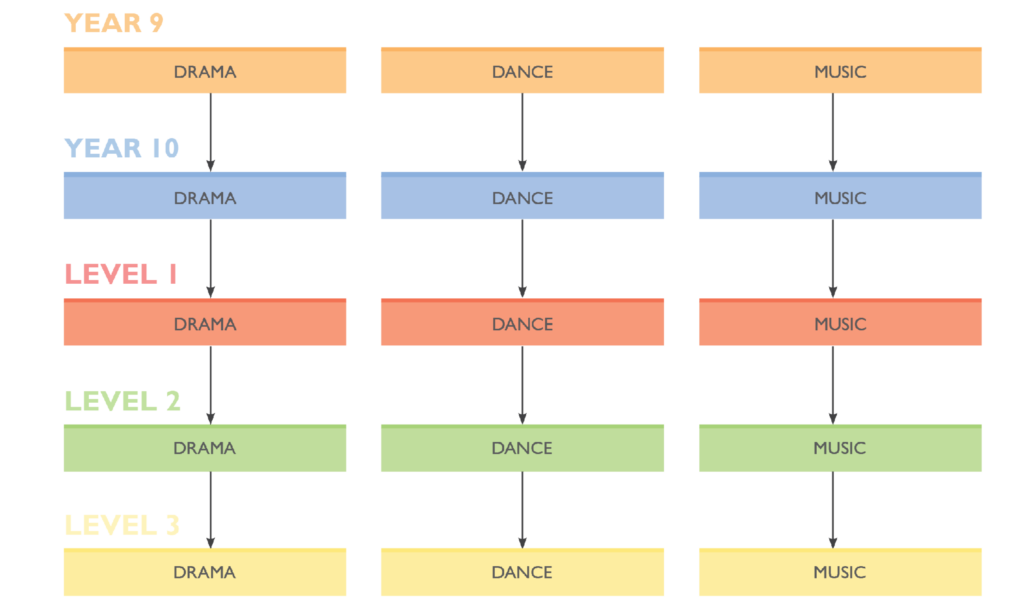Home > Departments > The Arts
Hamilton Girls’ High School is a lively, thriving school where the visual arts (design, photography, painting and drawing, computer arts) and the performing arts (music, drama and dance) are seen as crucial to the health and well-being of our students and an important part of their training for life. Girls are invited to express their creative ‘voice’ in our supportive environment.
Dance is expressive movement that has intent, purpose, and form. In dance education, students integrate thinking, moving, and feeling. They explore and use dance elements, vocabularies, processes, and technologies to express personal, group, and cultural identities, to convey and interpret artistic ideas, and to strengthen social interaction. Students develop literacy in dance as they learn about, and develop skills in, performing, choreographing, and responding to a variety of genres from a range of historical and contemporary contexts.
This course aims to develop students’ knowledge of and skills in Dance. This is a performance based course. Students are expected to perform all achievement standards in front of an audience. They will complete two performances, one choreography and one external achievement standard. Performances will be completed in front of a live audience. Previous dance experience is not compulsory but will be beneficial in this course.
Students will choreograph and perform a range of different dance styles in this course and are expected to perform in front of a live audience. The course has two performance and two choreography achievement standards. There is a written component to each standard. Students will also view a recorded professional dance performance and analyse the elements of this performance for assessment in their external achievement standard. Previous dance experience is not compulsory but will be beneficial in this course.
Students will expand on the performance and choreographic skills they have learnt and developed in Levels 1 and 2. They will choreograph, perform and produce a complete dance in front of a live audience. Students will complete two choreography and two performance achievement standards. Dances will be taught by outside teachers. Students will view a live dance performance and analyse this for an external standard. All assessment performances are completed in front of a live audience.
Drama expresses human experience through a focus on role, action, and tension, played out in time and space. In drama education, students learn to structure these elements and to use dramatic conventions, techniques, and technologies to create imagined worlds. Through purposeful play, both individual and collaborative, they discover how to link imagination, thoughts, and feelings.
As students work with drama techniques, they learn to use spoken and written language with increasing control and confidence and to communicate effectively using body language, movement, and space. As they perform, analyse, and respond to different forms of drama and theatre, they gain a deeper appreciation of their rich cultural heritage and language and new power to examine attitudes, behaviours, and values.
Students Devise performances, study the History of Theatre, perform Melodrama, and tour Children’s Theatre around Primary Schools.The drama techniques of using Voice, Body Language, Movement and Space are taught as integral parts of each unit. Students learn about Stage Technologies and are involved in all aspects of performance and production. The skills of problem solving, creative thinking, speaking and presenting are developed in this course
This is an exciting and varied course which includes performing Greek Drama in the amphitheatre at the Hamilton Gardens devising a play, working in detail with scripts, and a public performance of a full play, involving all students. The drama Techniques of using Voice, Body, Movement and Space are taught as an integral part of each unit.. Problem solving, working in groups, creative thinking, and speaking and presenting are key skills which are developed to an advanced level. Each Unit of work involves some theory and written work, and a practical task which culminates in an assessment.
This is a stimulating and challenging course for students with a real love of Drama. Students will study the Stanislavsky method of acting, Movement and Voice Production, and the technical aspects of Theatre. They will develop the skills of Directing, Devising and Scriptwriting, and will script their own performance. All students will take part in a public evening performance of a play. The History component of the course focuses on Elizabethan Theatre.
2024- MAMMA MIA!
Click here to see all past HGHS & HBHS Joint productions.
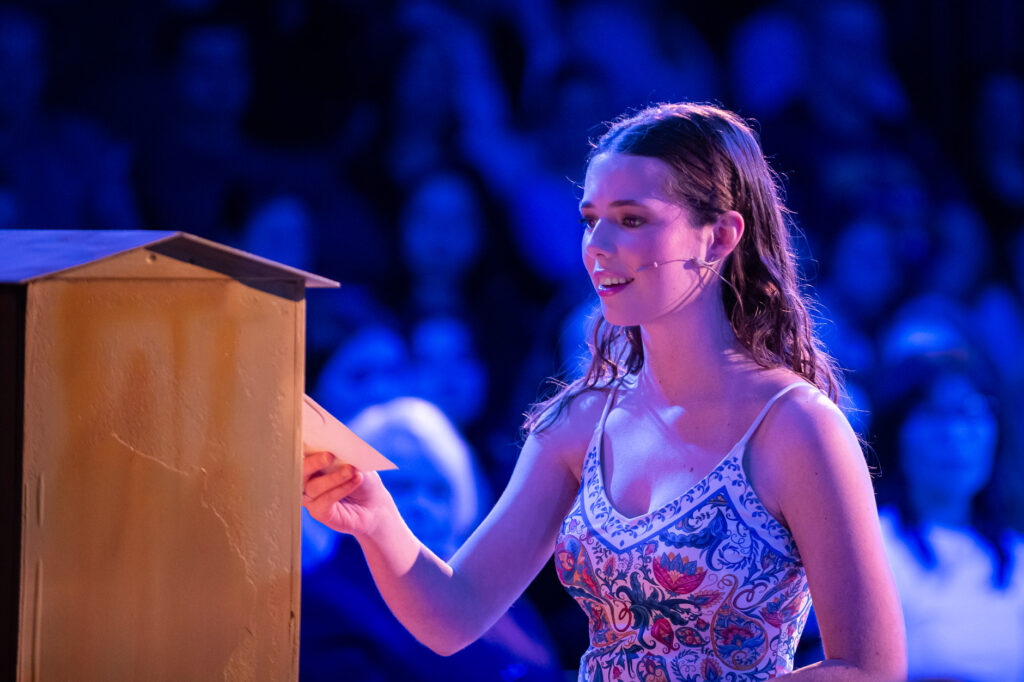
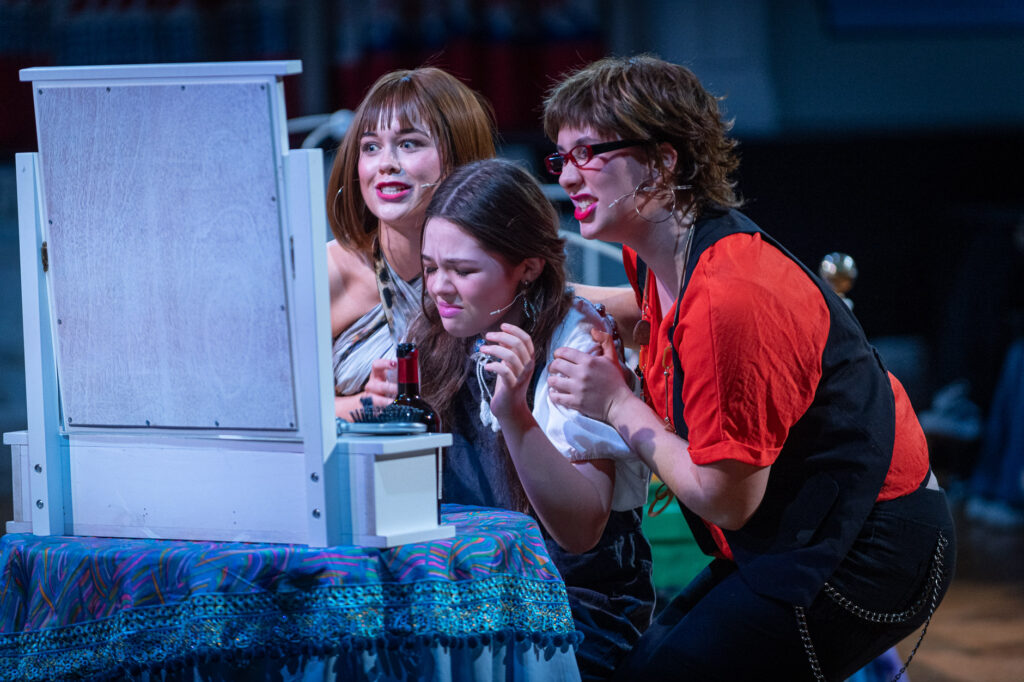
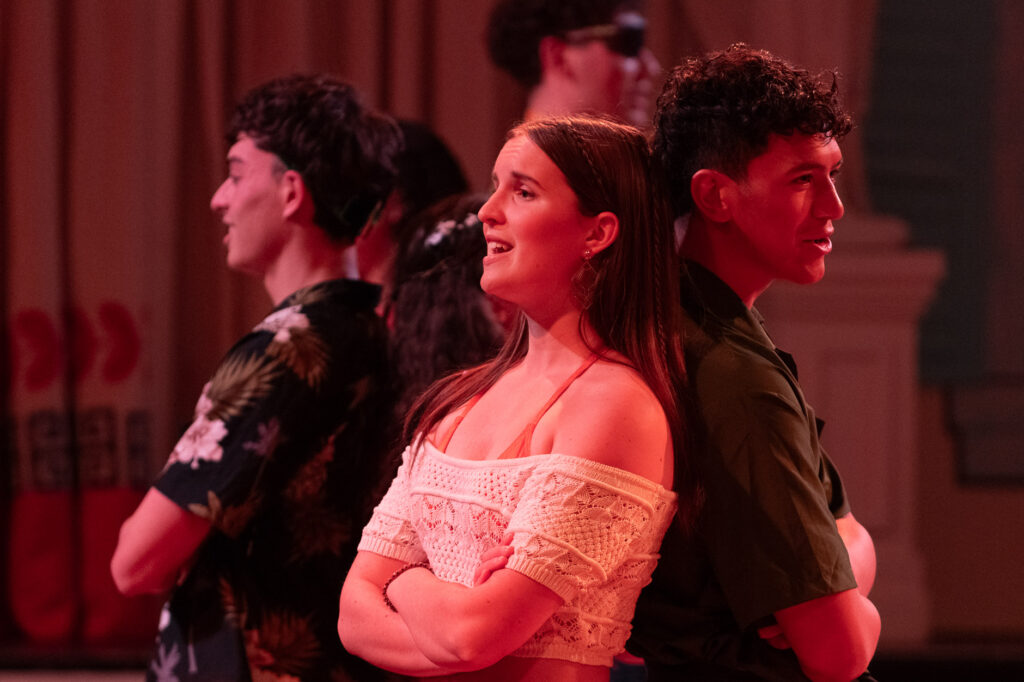
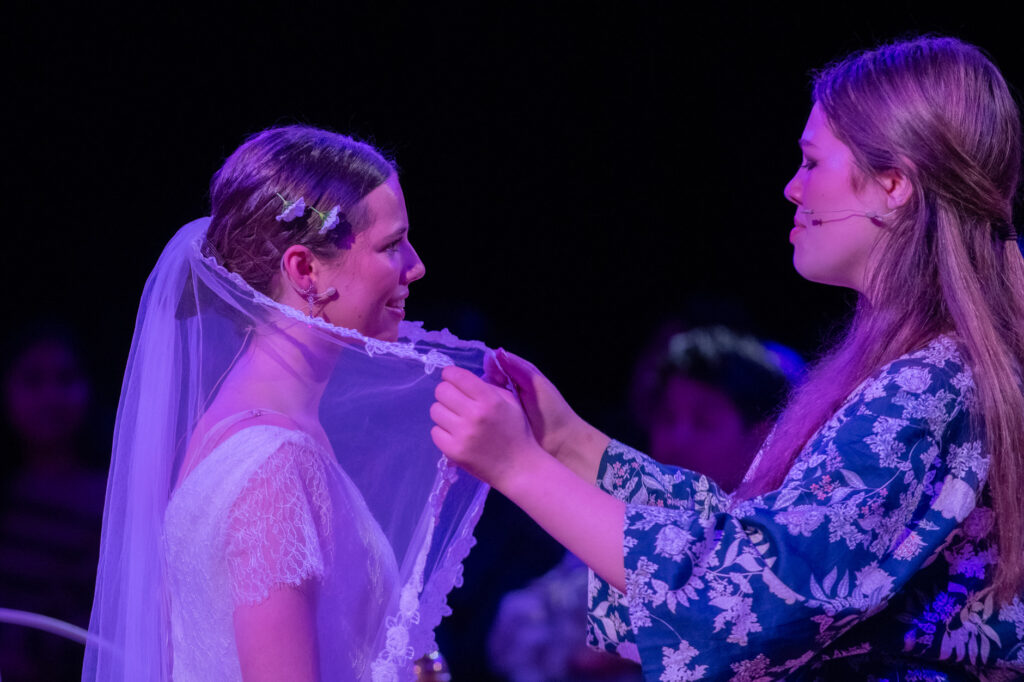
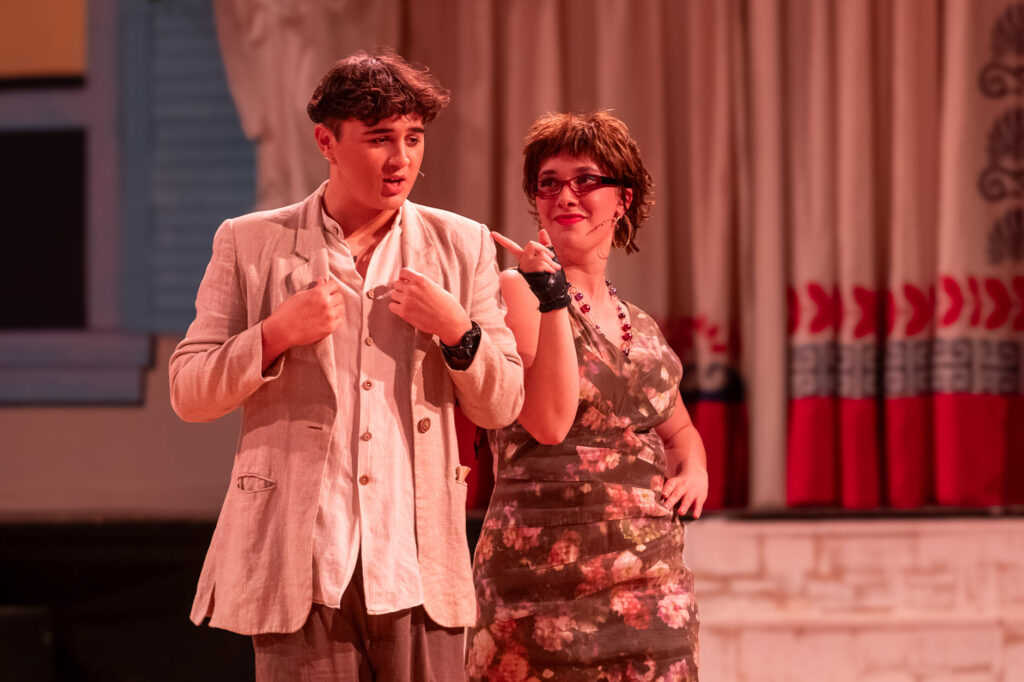
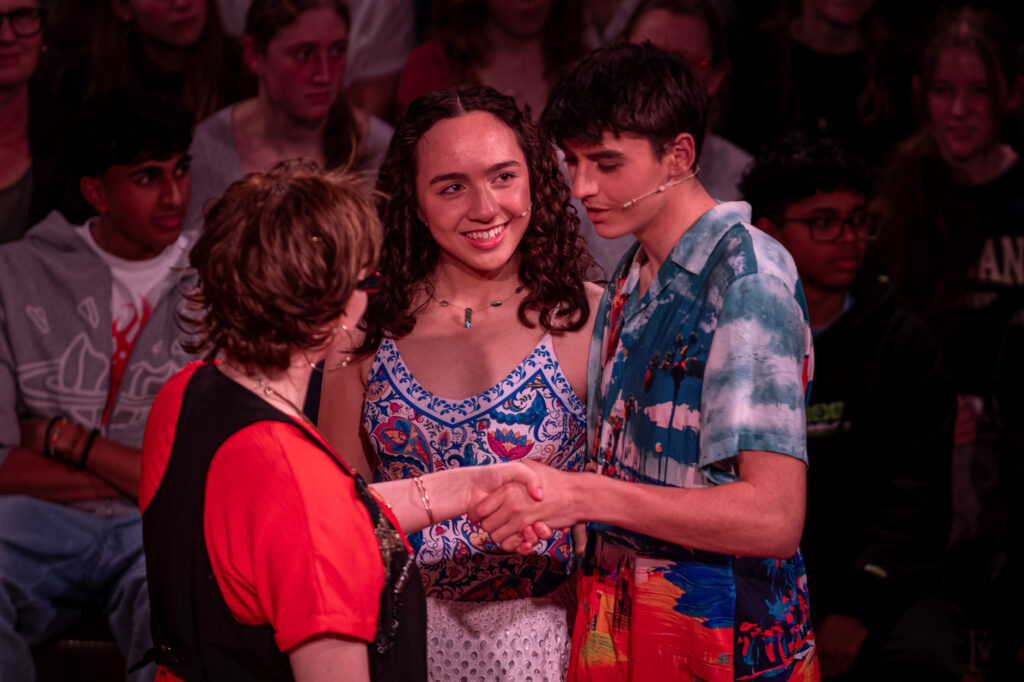
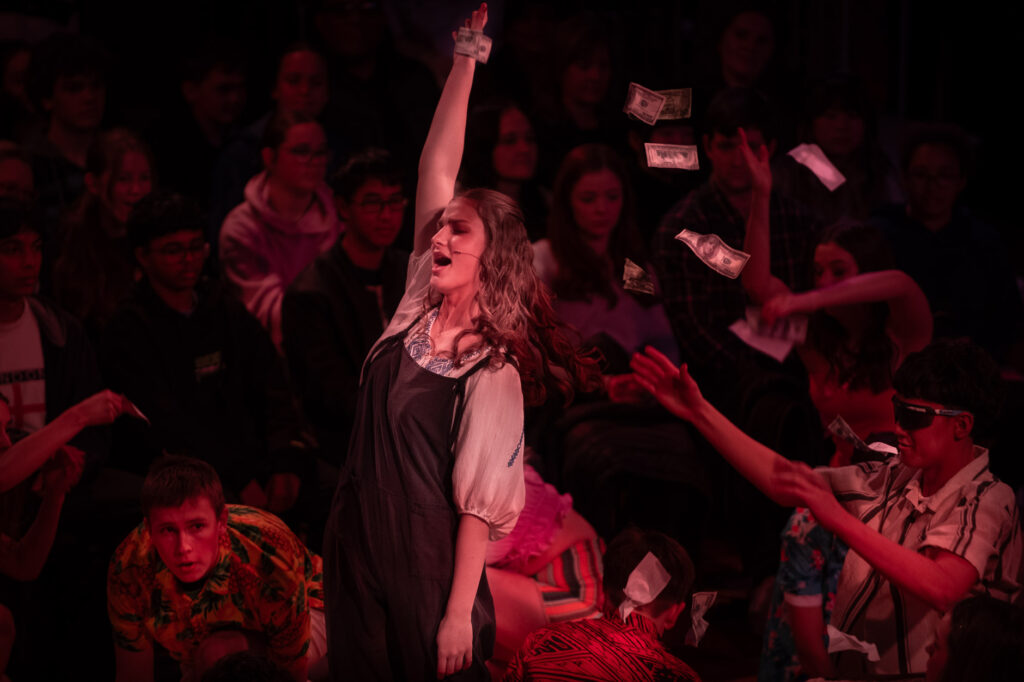
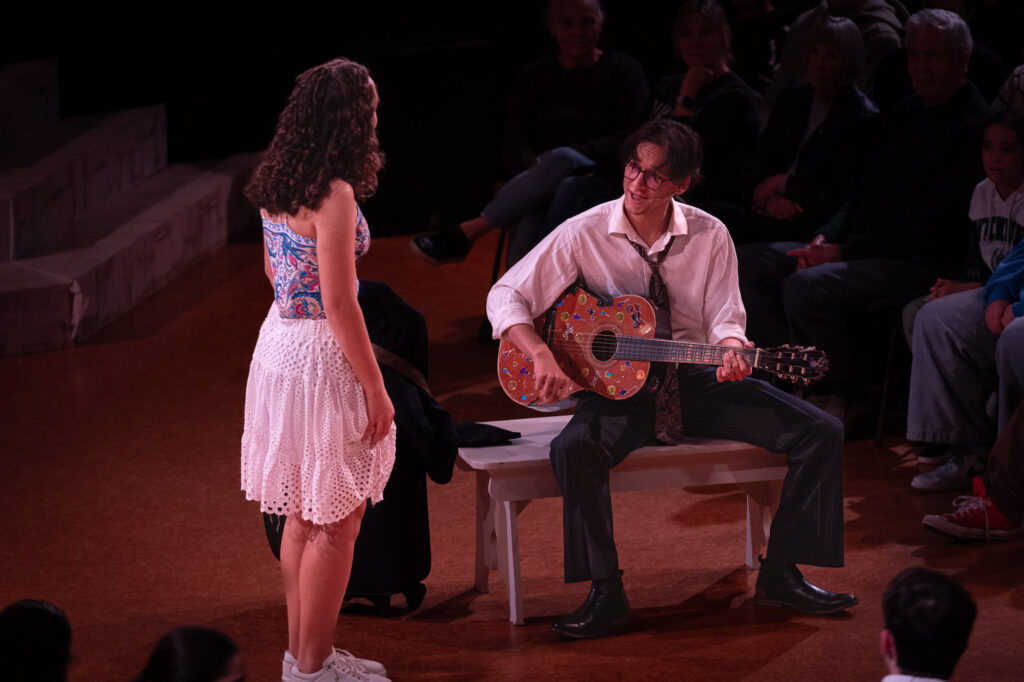
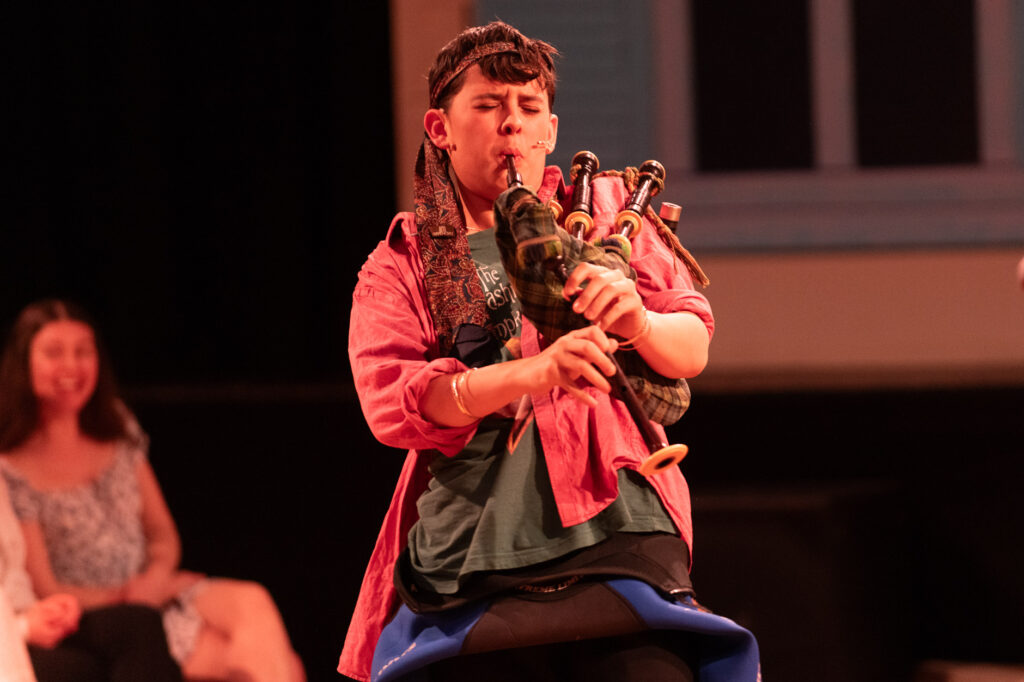
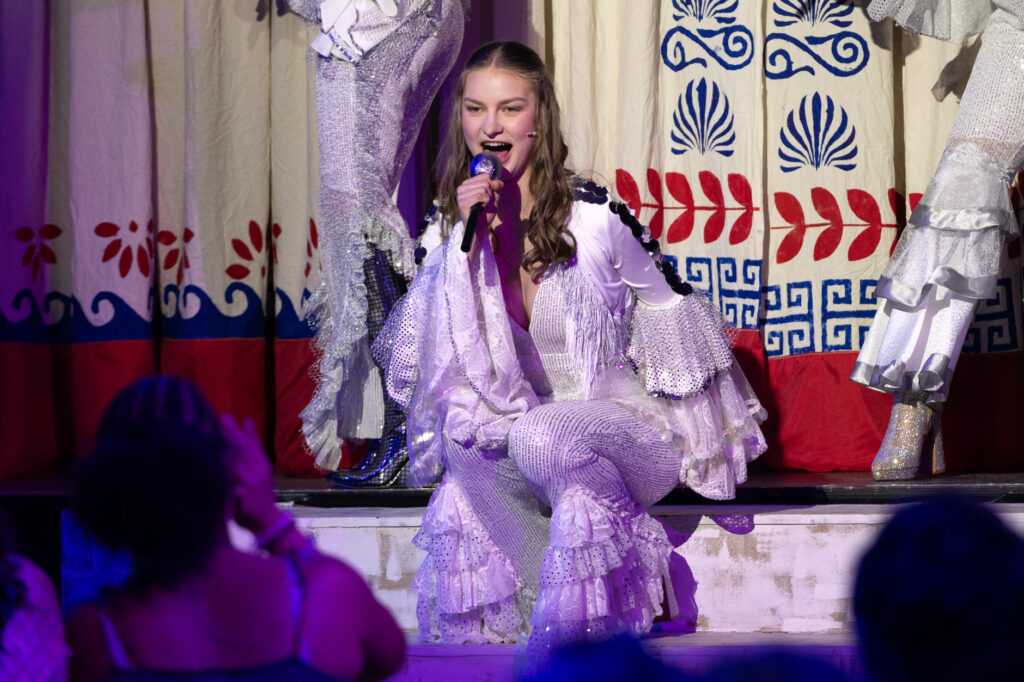
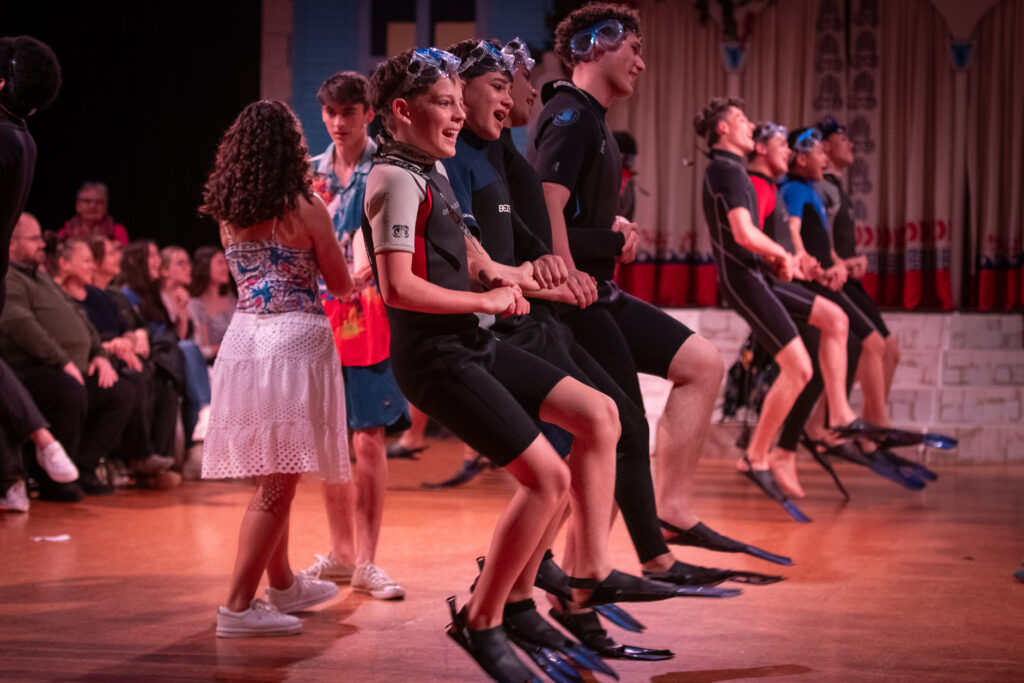
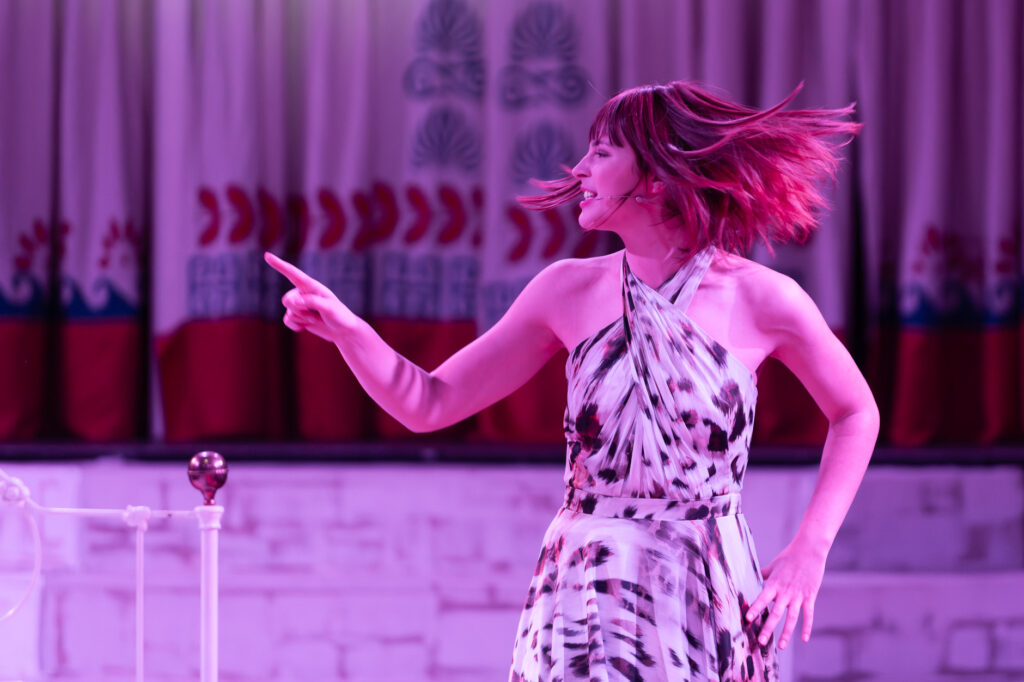
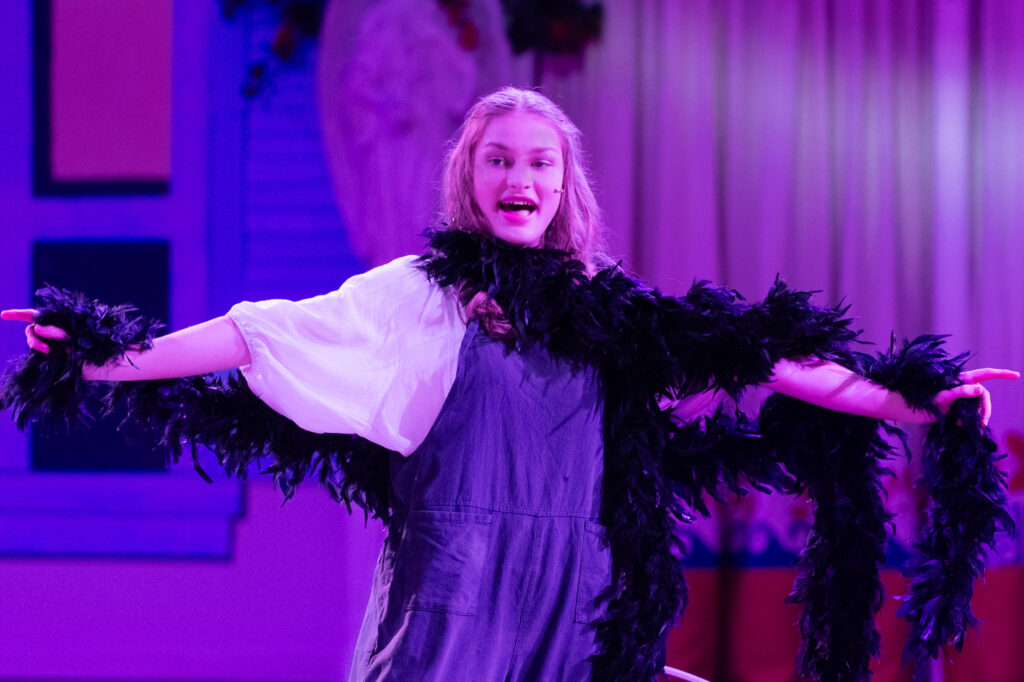
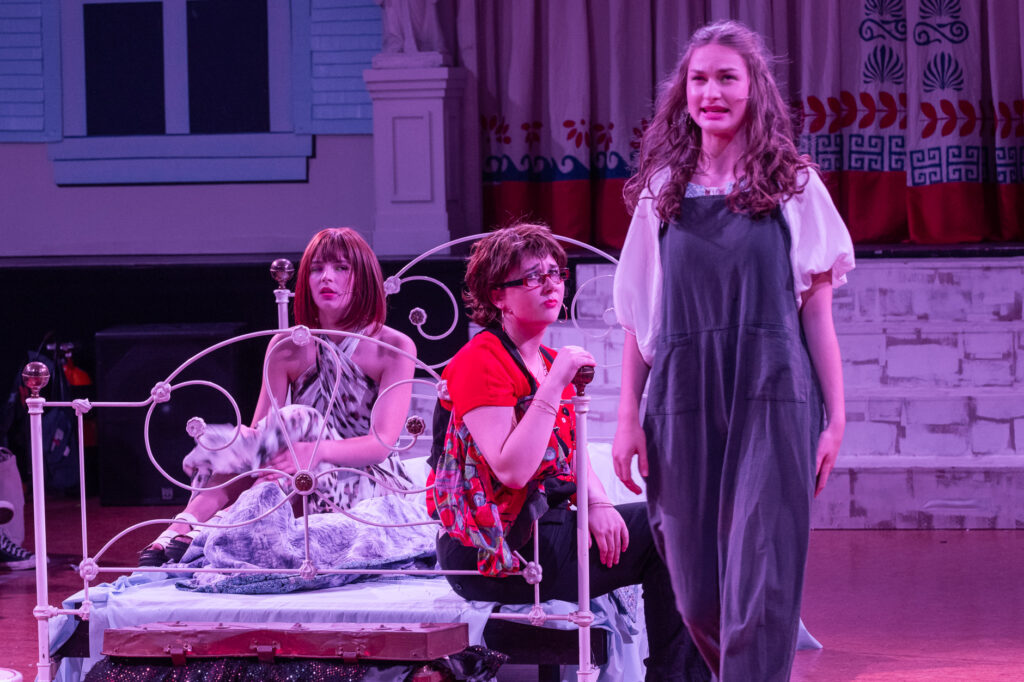
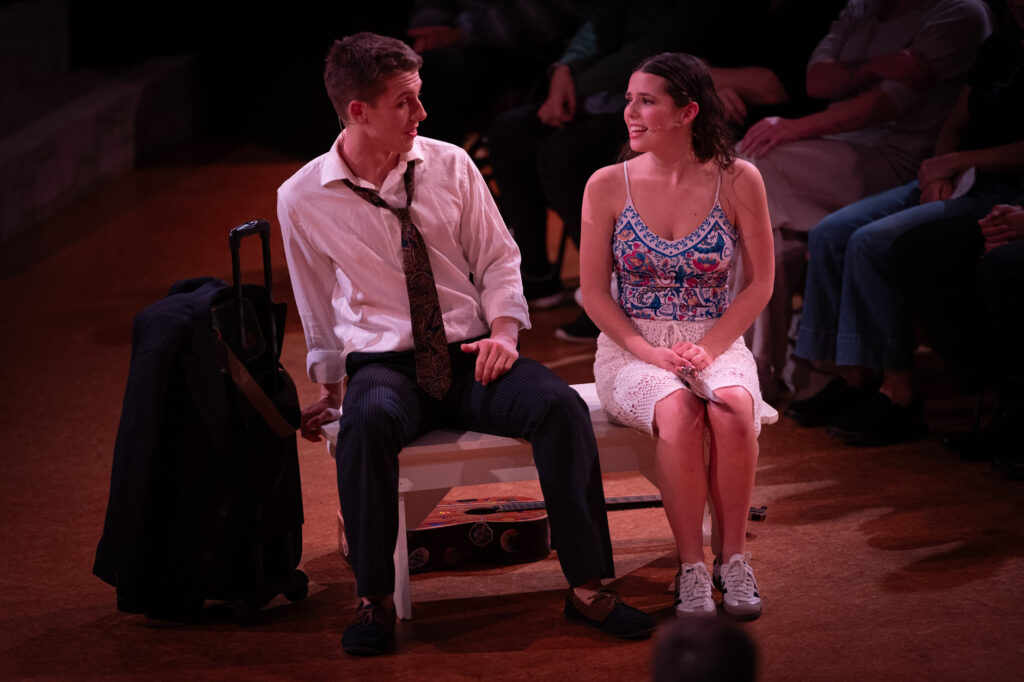
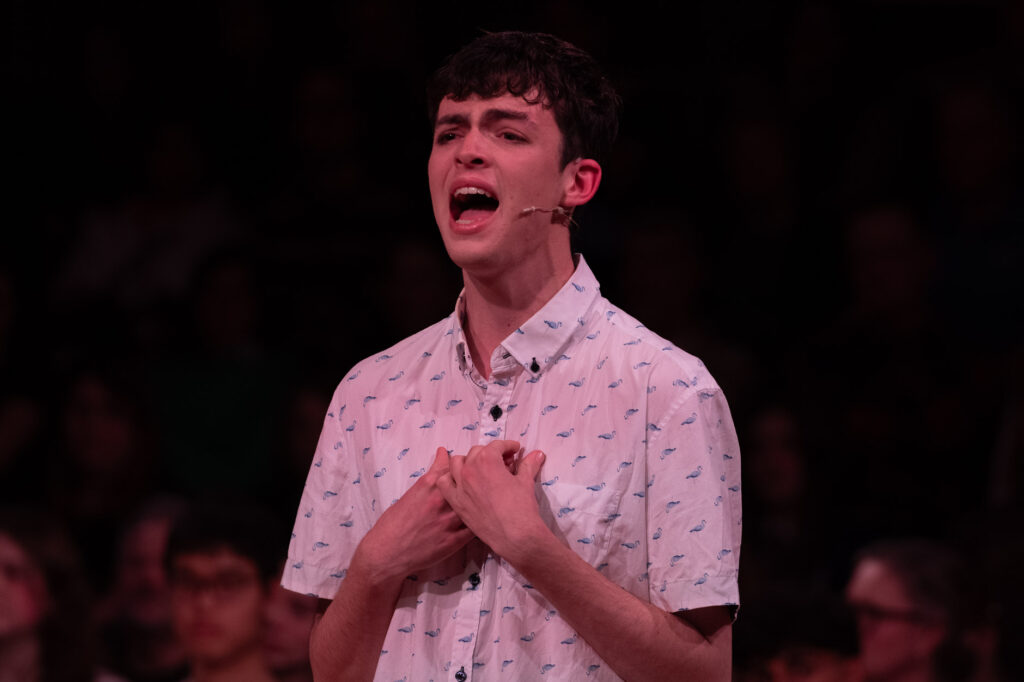
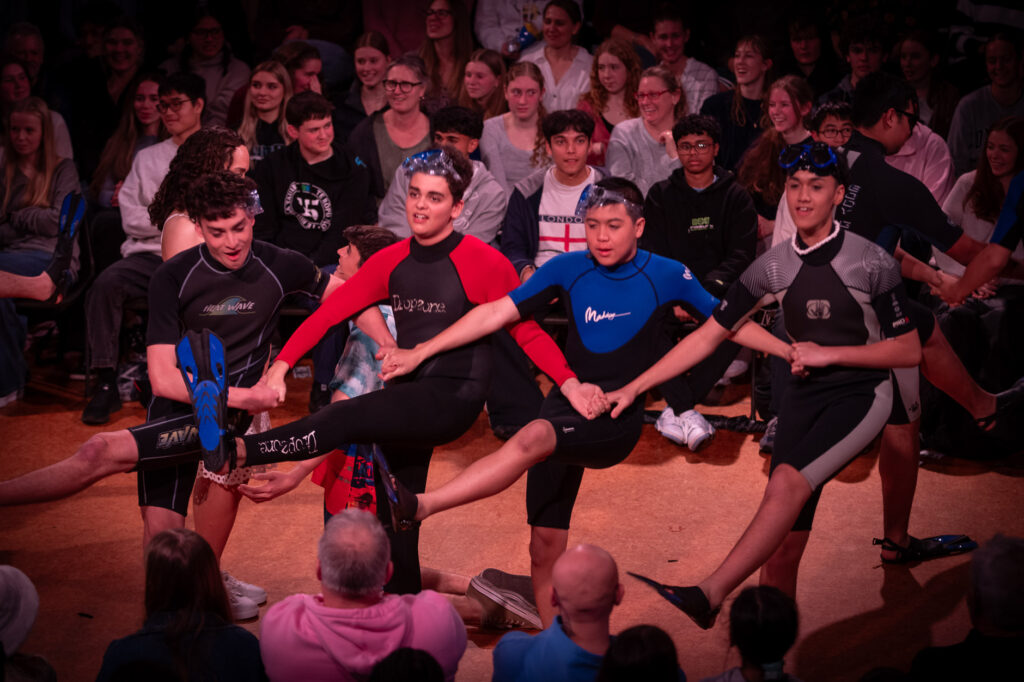
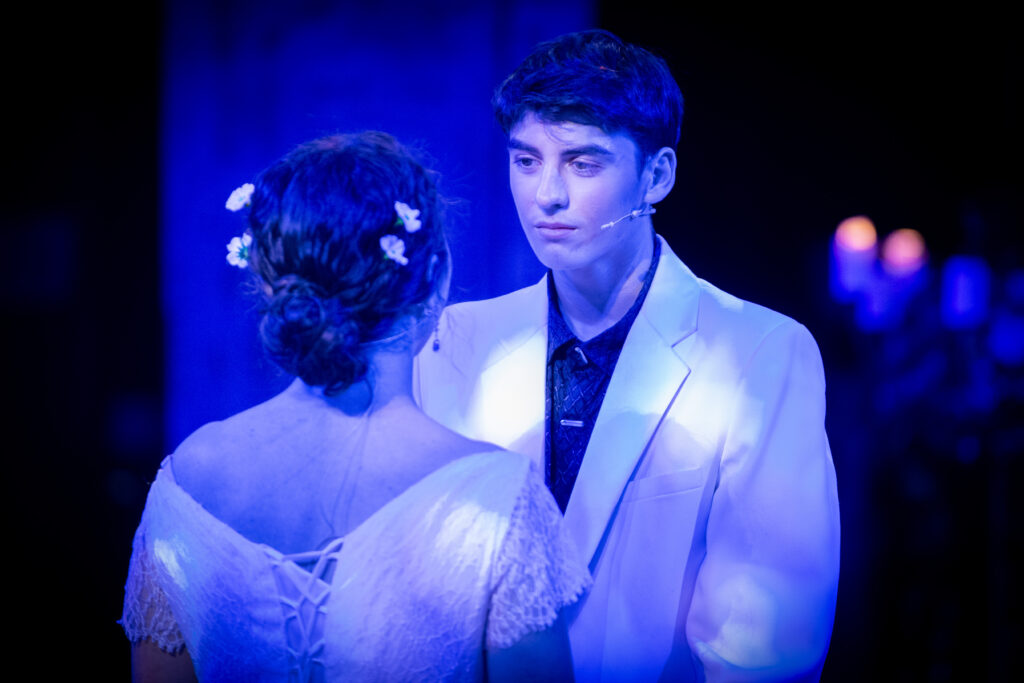
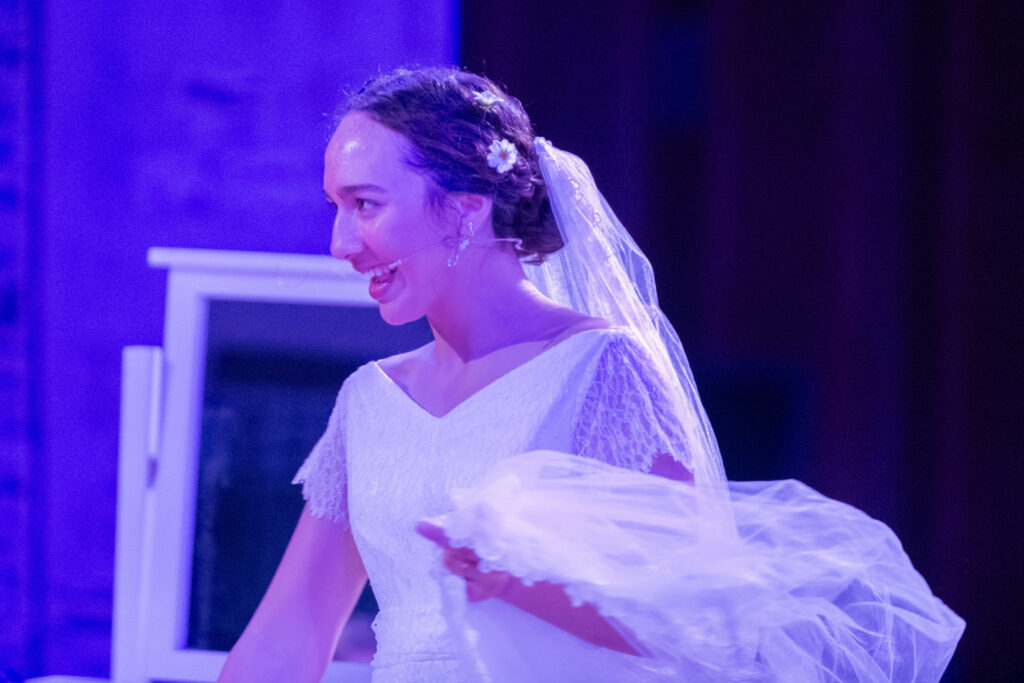
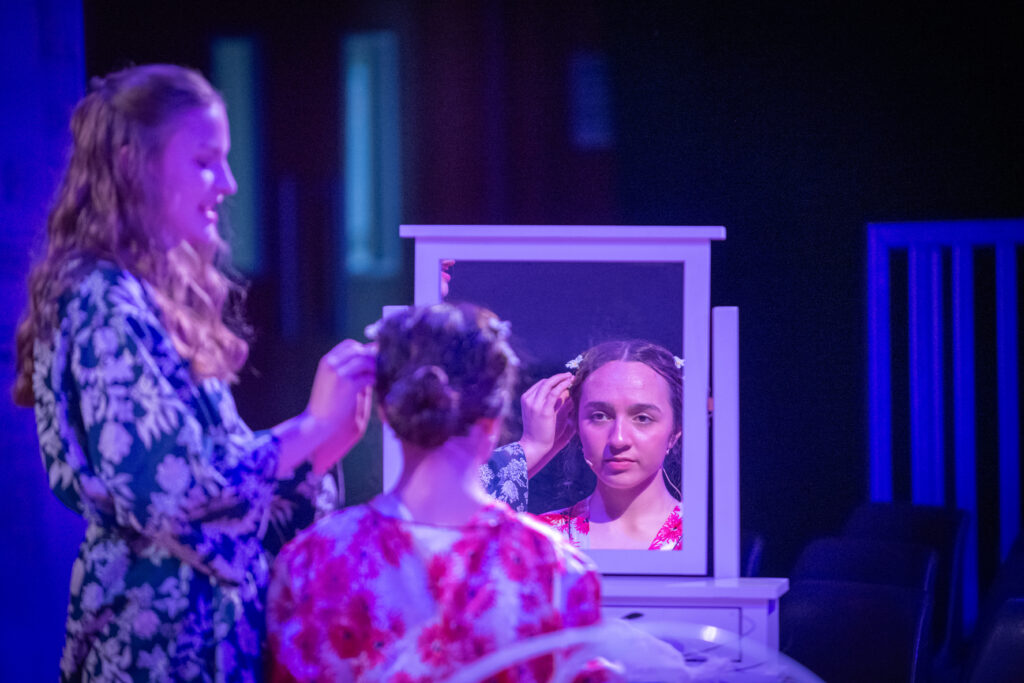
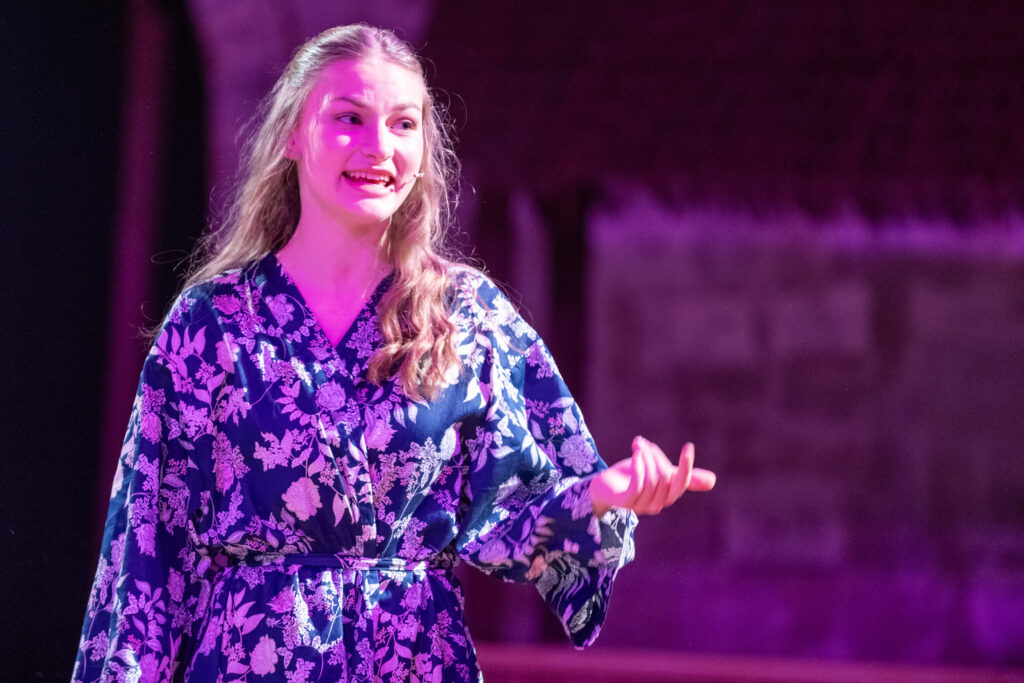
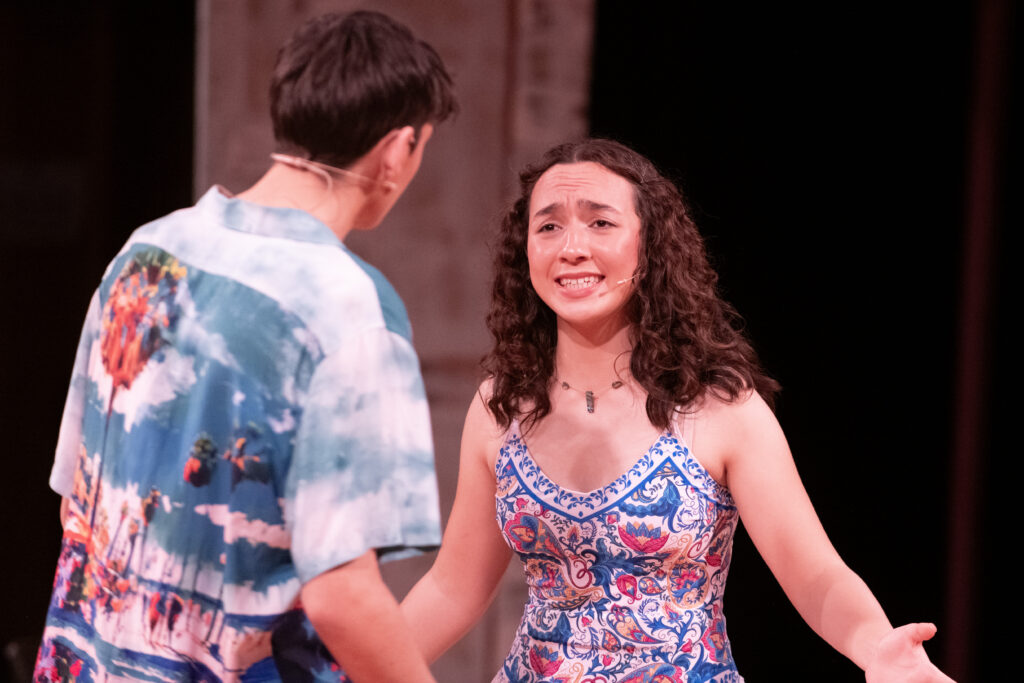
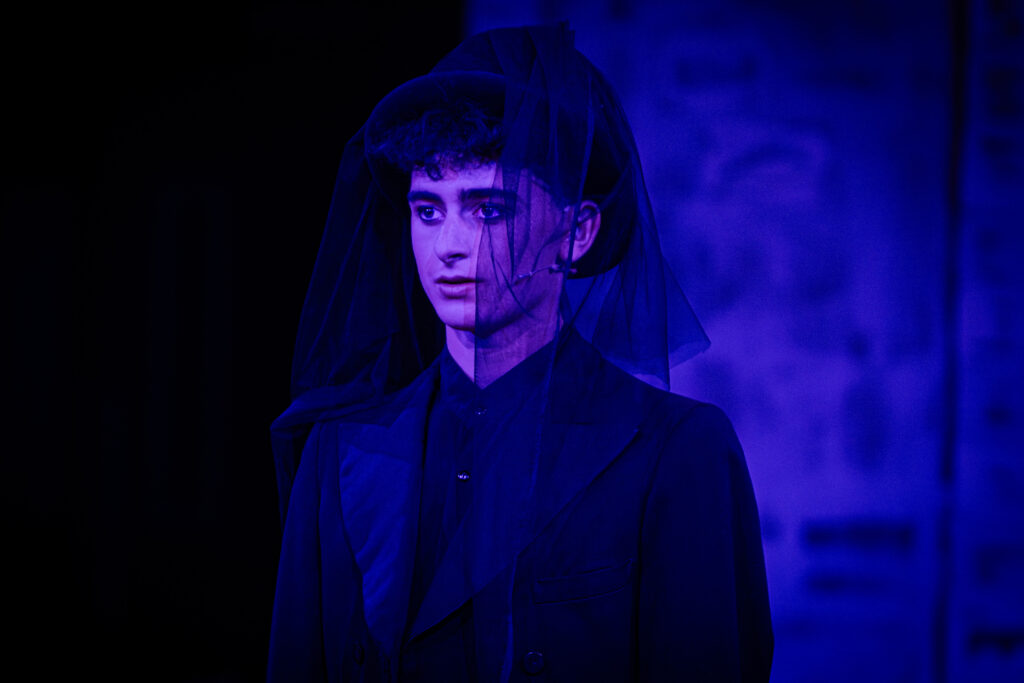
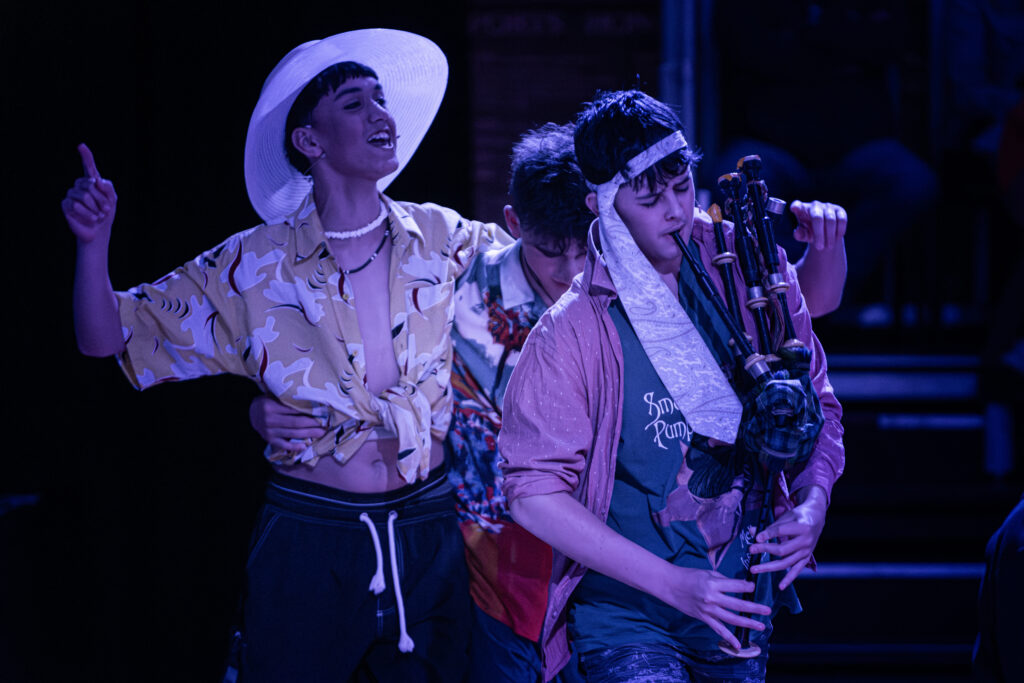
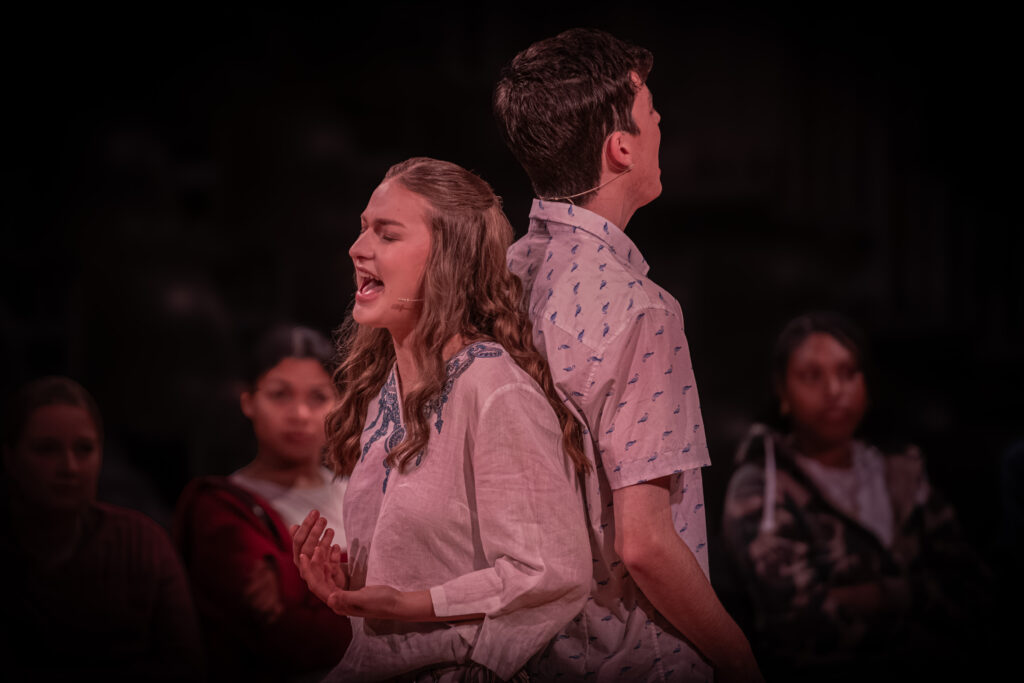
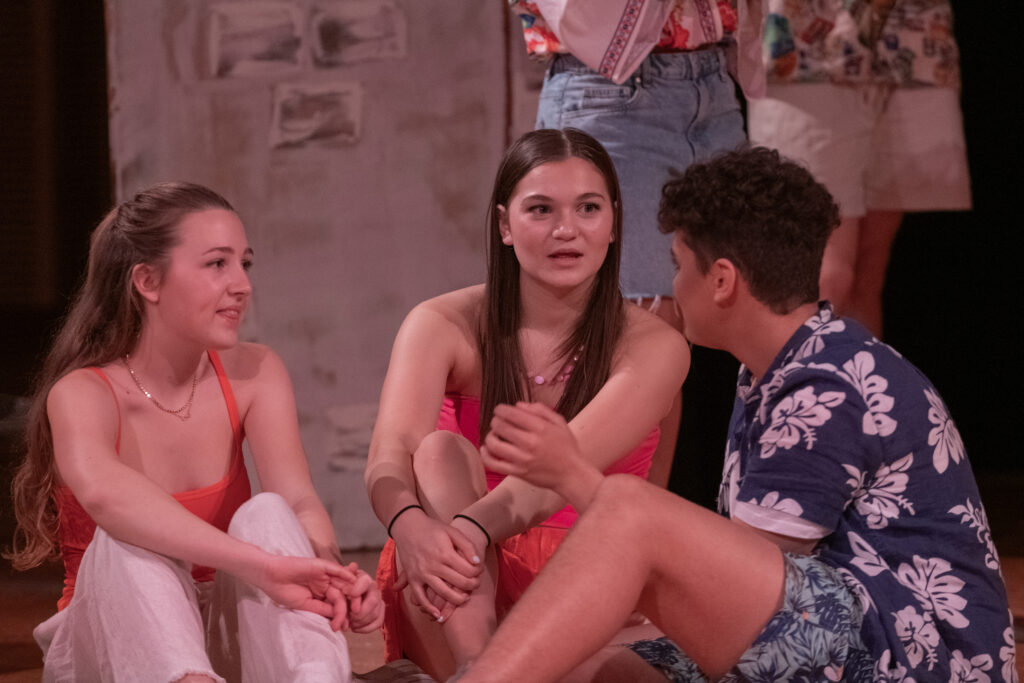
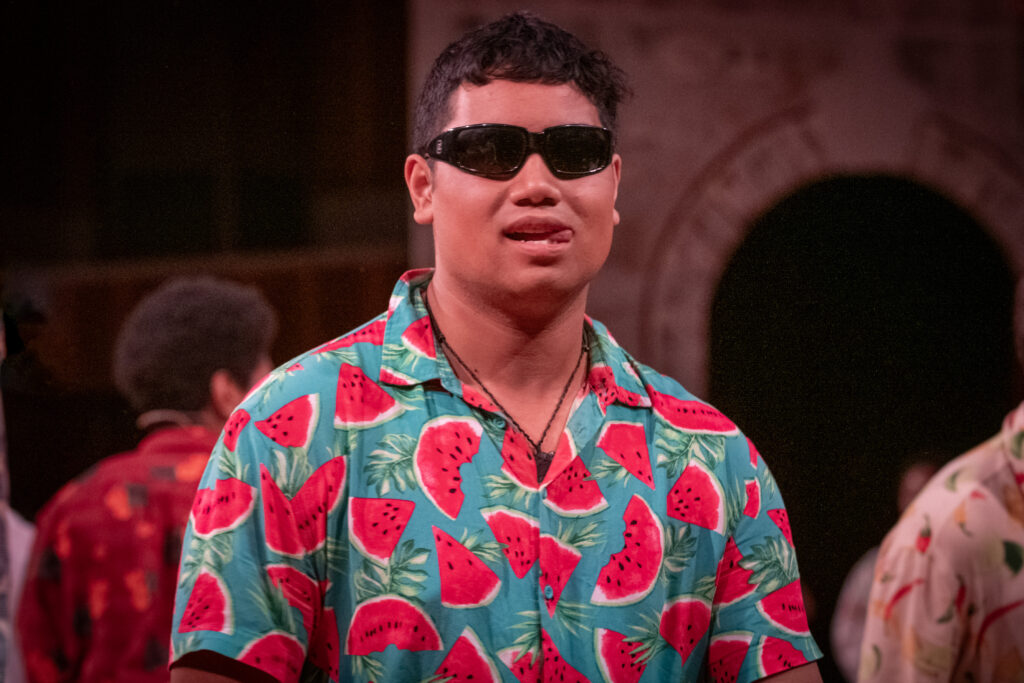
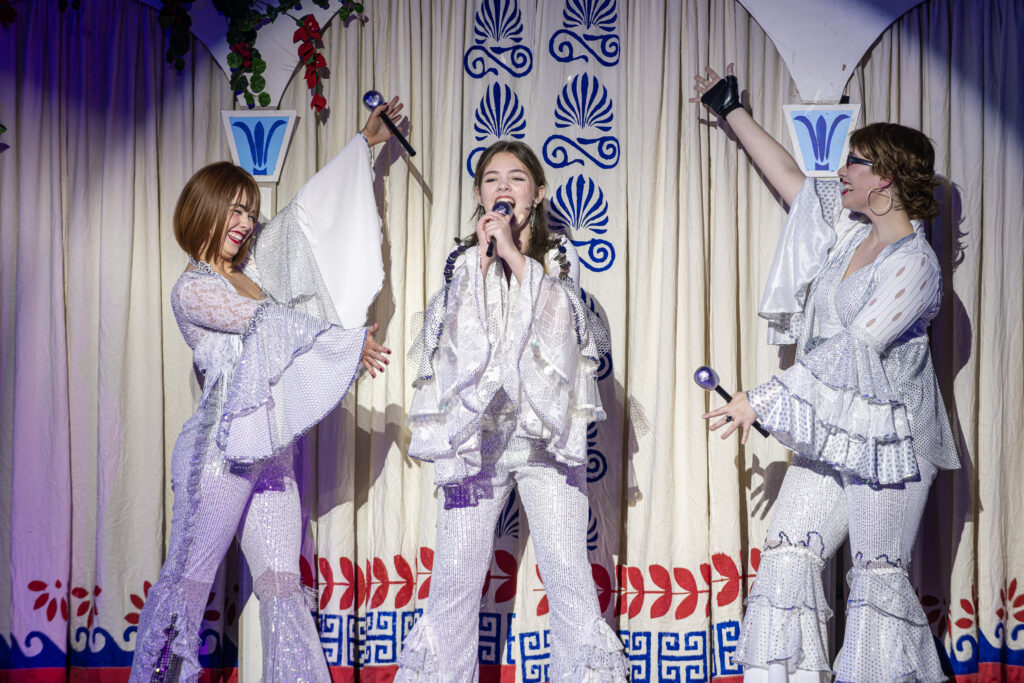
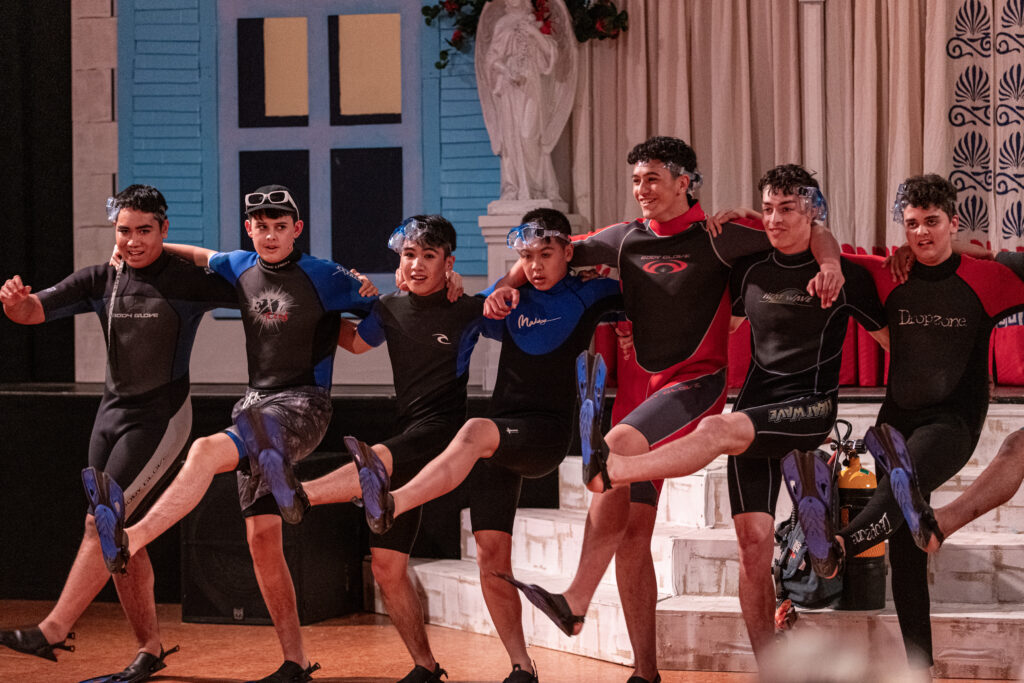
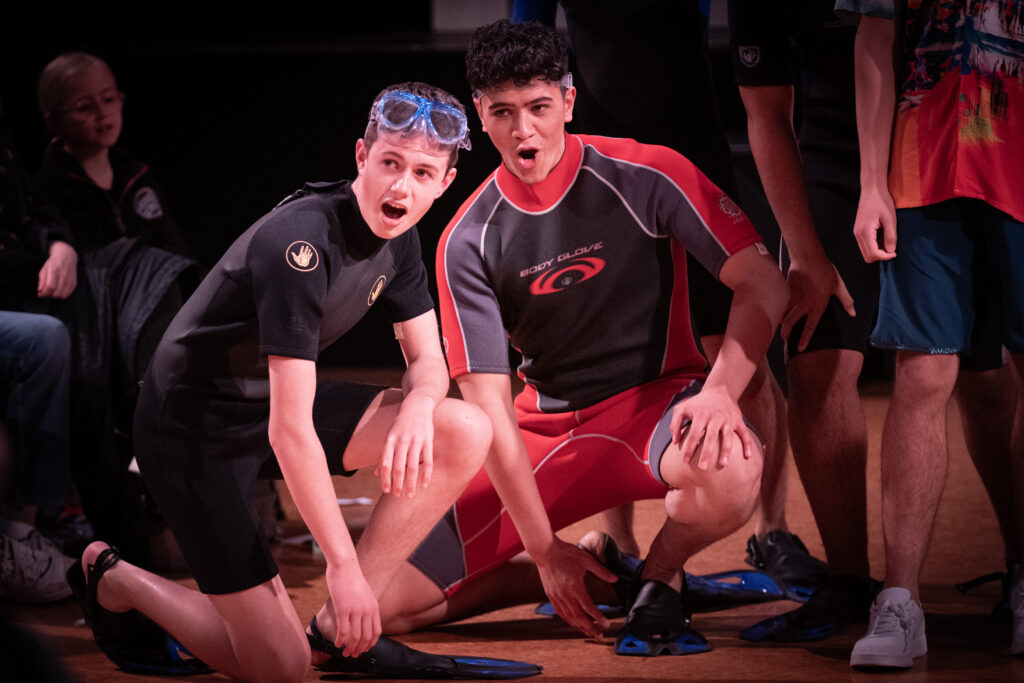
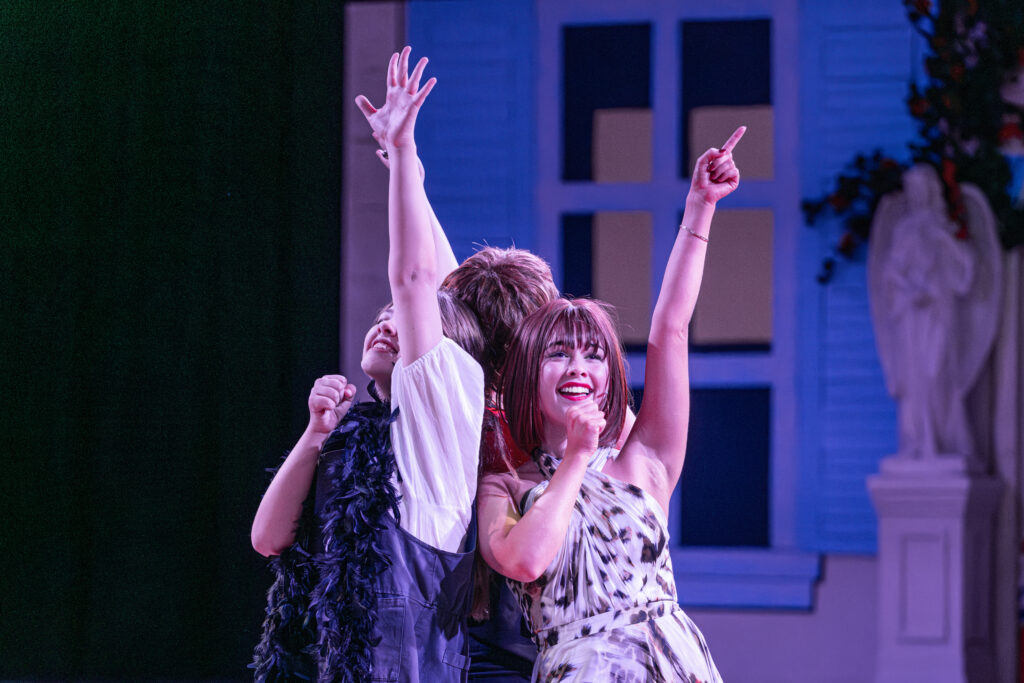
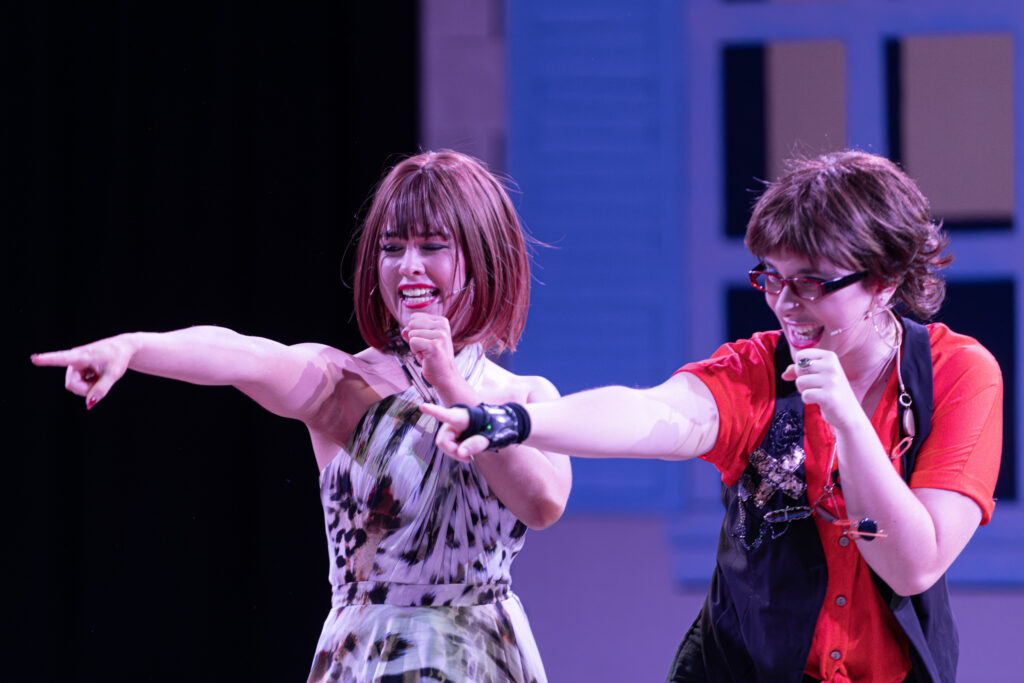
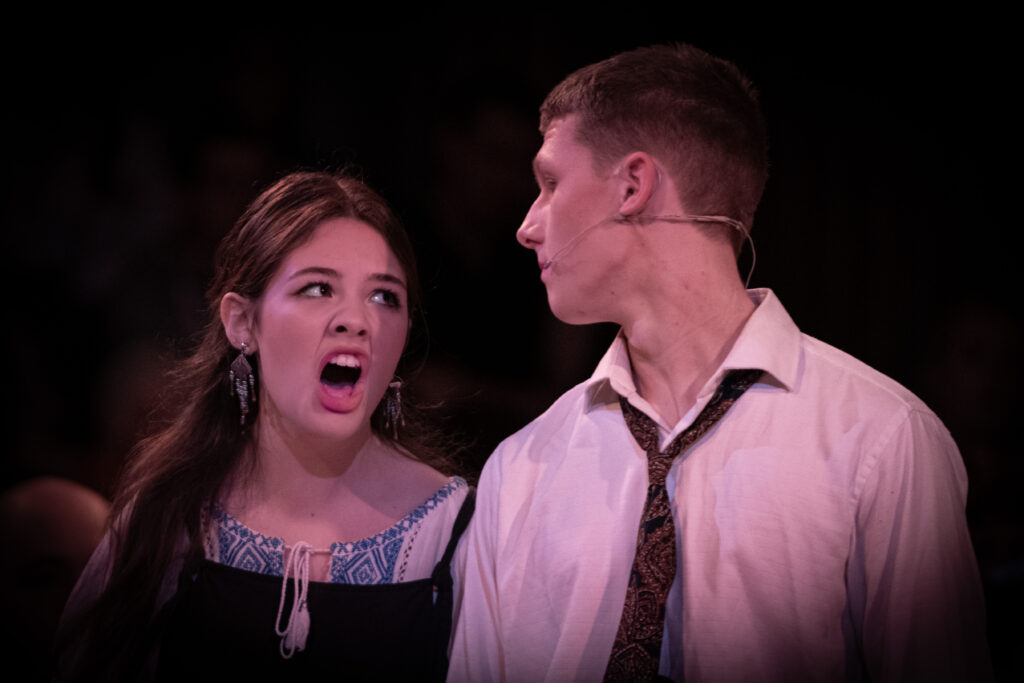
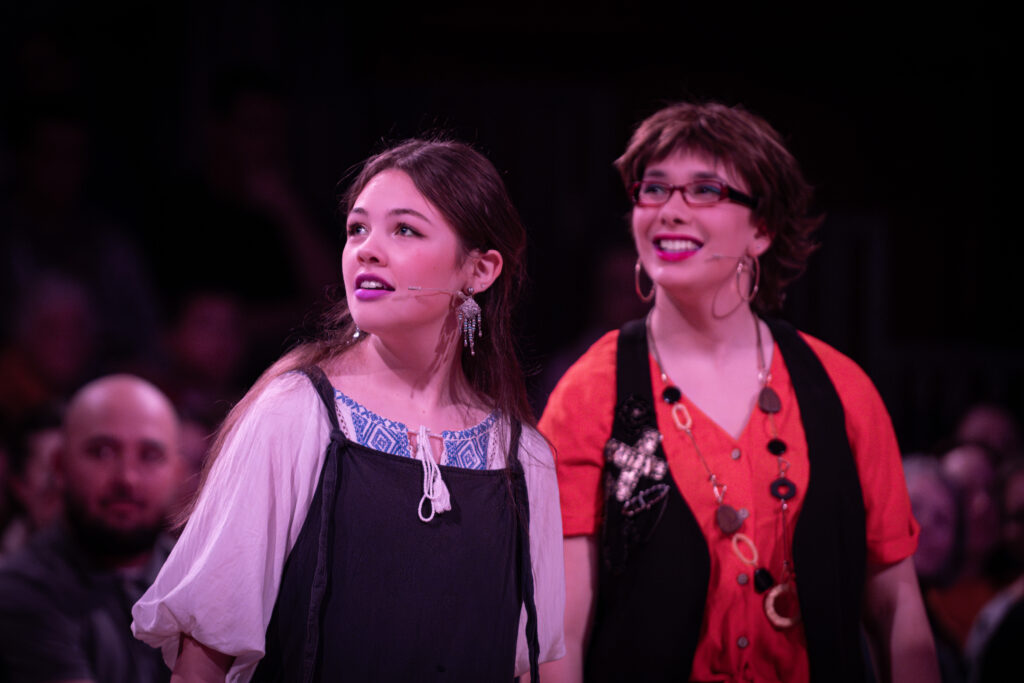
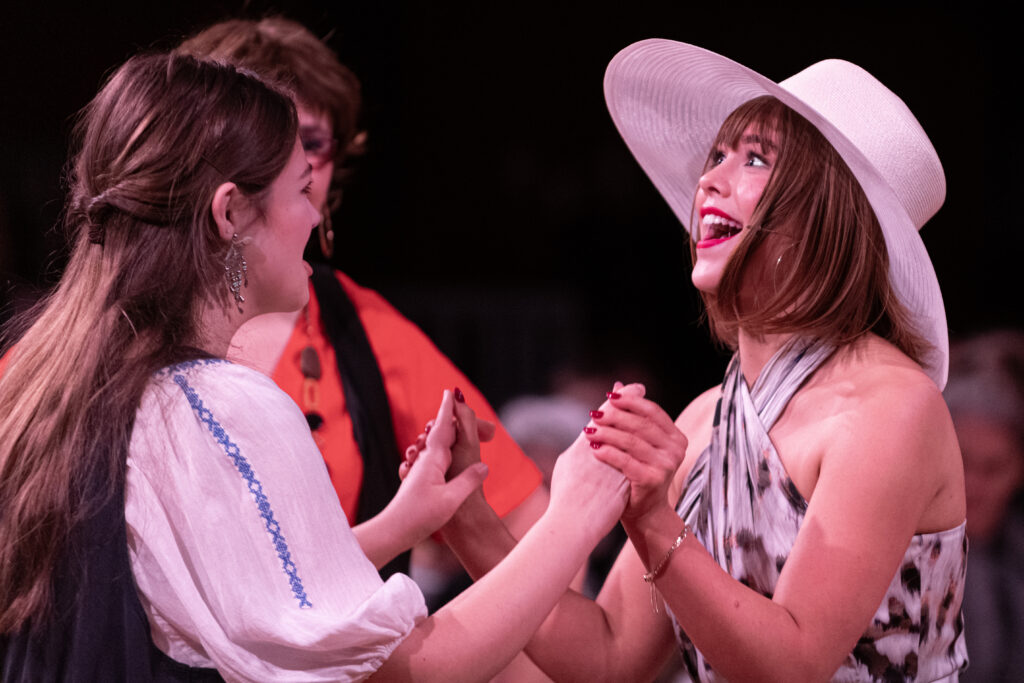
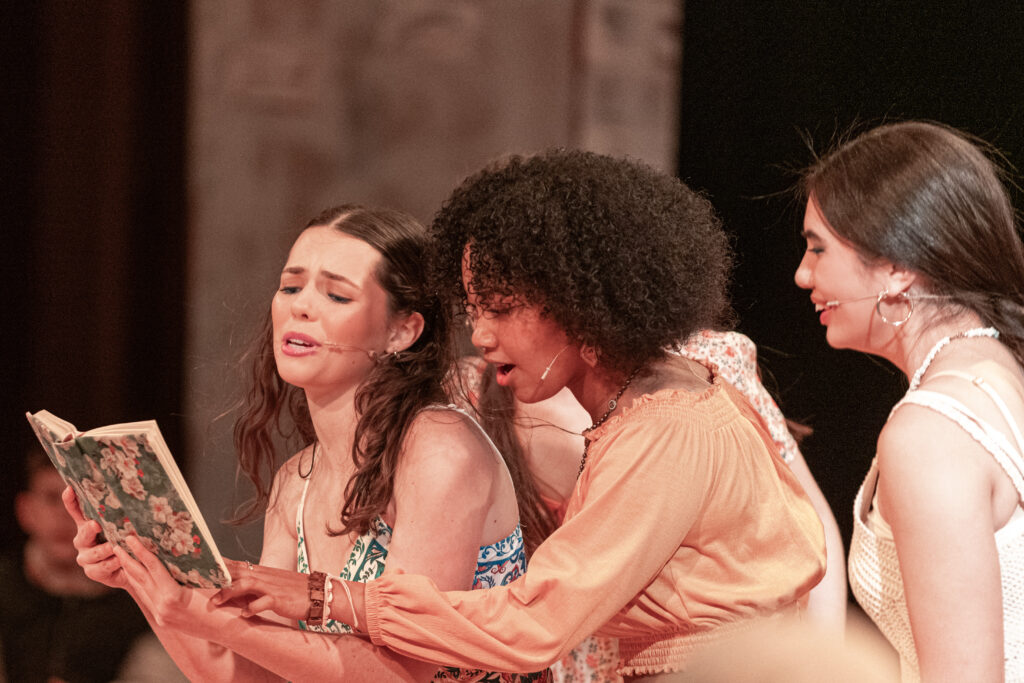
Sound from natural, acoustic, and digital environments is the source material for expressive ideas in music. These ideas are manipulated and extended into forms, genres, and styles that are recognised as music.
Music is a fundamental form of expression, both personal and cultural. Value is placed upon the musical heritages of New Zealand’s diverse cultures, including traditional and contemporary Māori musical arts. By making, sharing, and responding to music, students contribute to the cultural life of their schools, whānau, peer groups, and communities. As they engage with and develop knowledge and deeper understandings of music, they draw on cultural practices and on histories, theories, structures, technologies, and personal experiences.
In music education, students work individually and collaboratively to explore the potential of sounds and technologies for creating, interpreting, and representing music ideas. As they think about and explore innovative sound and media, students have rich opportunities to further their own creative potential.
Students develop literacies in music as they listen and respond, sing, play instruments, create and improvise, read symbols and notations, record sound and music works, and analyse and appreciate music. This enables them to develop aural and theoretical skills and to value and understand the expressive qualities of music.
As students learn to communicate musically with increasing sophistication, they lay a foundation for lifelong enjoyment of and participation in music. Some will go on to take courses in musicology, performance, or composition. These may be steps on the way to music-related employment.
Level one music is a vibrant contemporary course which is split into two interlinked areas, Making Music and Music Studies. Making Music involves Performance, both solo and group. Music Studies involves studying two pieces of Music and demonstrating an understanding of Musical Terms.
Music covers two interlinked areas, Making Music and Music Studies. Making Music involves Performance, both solo and group, and Composition. Music Studies includes New Zealand Music research and understanding of Musical Terms.
At Level 3 music students can use their creativity to compose original songs. This is a highly collaborative course and involves public performance. The course is split into two interlinked areas, Making Music and Music Studies. Making Music involves Performance, both solo and group.
Students may choose to study an instrument at school. They may choose from: Bassoon, Oboe, Flute, /Clarinet, Saxophone, Trumpet, cornet, Trombone, French Horn, Euphonium, Guitar, Bass, Voice, Drums/Percussion, Violin, Viola, Cello, Double Bass, ROCK BAND. All students studying a instrument at school must play in school ensembles as required. $45.00 is payable for administration costs at the beginning of the year.
Private tutors may teach on site after consultation with the HOD
All HGHS courses at Level 3 are University approved and allow students to gain academic endorsements as well as enter Scholarship. Some students go on to study the performing arts at the tertiary level to train further for a variety of creative industries.
The Performing Arts at HGHS can inspire a diverse range of careers or lifelong passions such as Choreography, Performance, Dance teaching, Events Management, Acting, Producing/Directing, Sound and light engineering, radio, Law, Theatre, Film, Media, Communications, Stage management, Musician, Music conductor, Composer, Entertainer, Orchestra
